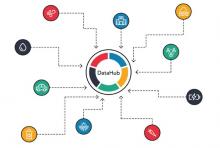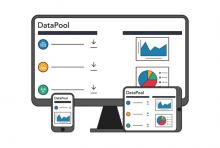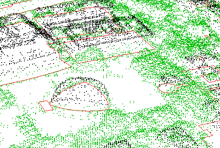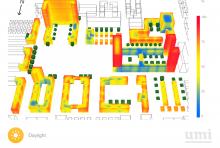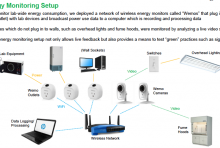The DataHub is MIT's emerging big data storage and analytics engine built using Amazon Web Services. This infrastructure allows MIT to centralize data across systems and analyze information.
Data and metrics are at the core of all progress on issues related to sustainability. They help us to quantify and benchmark environmental impacts, better understand the dynamics of campus sustainability, and evaluate the success of solutions. They help us measure water and materials consumption, waste diversion, greenhouse gas emissions, and energy efficiency as well as social issues like health, equity, and well-being. And they help us use the campus as a living laboratory to make smart decisions and sustainable plans.
To develop scalable solutions and transform the campus, we need to study the current system. Campus data supports this study and helps identify opportunities for the future.





